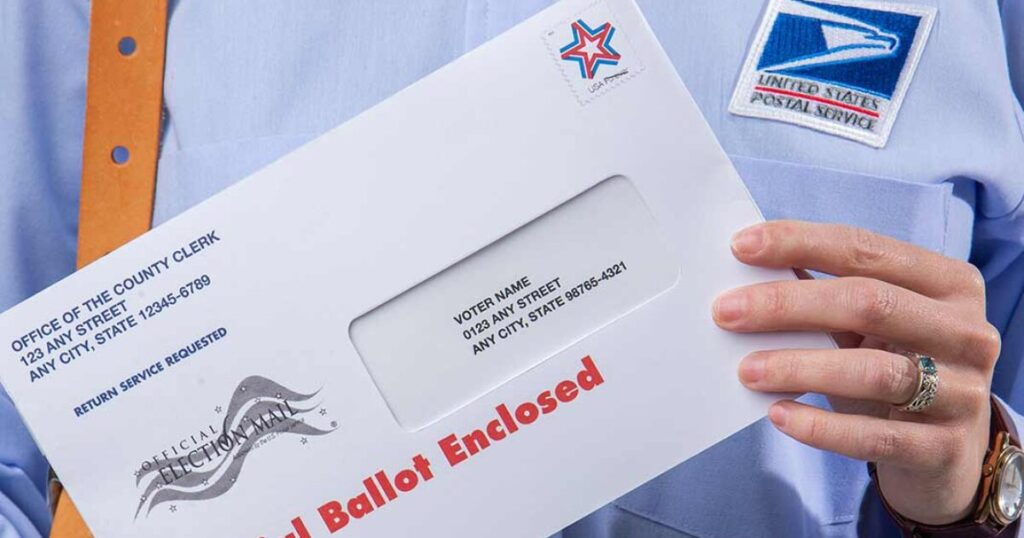On Monday, the Nevada Supreme Court made a significant ruling regarding mail-in ballots, deciding that ballots without postmarks can be counted up to three days after Election Day. This decision came amidst ongoing tensions concerning the legitimacy of mail-in voting processes, with the Trump campaign and the Nevada GOP challenging the state’s regulations. These political factions argued that the current laws facilitating the counting of mail-in ballots post-Election Day allowed for potential cheating and election fraud. The state’s existing law stipulates that ballots must be postmarked by Election Day, and those that fulfill this requirement can be counted up to four days after the election. However, the ruling also affirms that non-postmarked ballots received by the election date can still be processed within a three-day window following the election.
Previously, in May, the Trump campaign along with Republican organizations filed a lawsuit against the Nevada Secretary of State and various county clerks, claiming that allowing ballots to be counted after Election Day was unconstitutional. Their argument hinged on the belief that this accommodation created a path for fraudulent activities, thus undermining the integrity of the electoral process. The legal discourse culminated in a ruling from a Carson City District Court in August, which reinforced the state’s position by emphasizing the public interest in counting legitimate votes. The court’s decision echoed the notion that excluding these ballots would disenfranchise lawful voters, contributing to the ongoing national dialogue about voter access and electoral fairness.
Despite the Nevada ruling, the legal landscape surrounding mail-in ballots remains contentious, particularly illustrated by a recent ruling from the Fifth Circuit Court of Appeals. Their decision dictated that all mail-in ballots must be received on or before Election Day to be counted, a ruling more restrictive than that of Nevada. This response was particularly directed towards Mississippi, where Republican national and state bodies filed lawsuits to challenge the counting of late-arriving mail-in ballots. The Fifth Circuit panel, consisting of judges appointed by Trump, argued that federal law explicitly designates a specific Election Day, reinforcing that all votes should be collected on that singular date.
This conflicting legal framework at both state and federal levels showcases a growing schism between states like Nevada that are now permitting leniencies for mail-in voting and others that impose rigid restrictions. The disparate rulings illustrate the challenges posed by varying interpretations of election laws in the United States, particularly regarding the treatment of mail-in ballots. The divergent rulings could lead to confusion among voters, particularly those relying on mail-in voting as their primary means of participating in elections, highlighting the importance of clear, consistent regulations governing all electoral processes.
As the electoral season progresses, the implications of Nevada’s Supreme Court ruling cannot be understated, as they could set a precedent for future legal battles over voting rights and procedures in other states. The ruling may embolden similar challenges in jurisdictions that follow Nevada’s precedent, or conversely, may invite additional legal scrutiny from those opposing expansion of mail-in voting capabilities. As the Trump campaign and Republican entities continue their legal strategies aimed at limiting non-traditional voting methods, the tension between different factions will likely permeate public discourse surrounding election integrity and voter access.
In anticipation of the upcoming election, both supporters and detractors of mail-in voting will be keenly watchful of how these legal battles play out in the courts and potentially influence voters. The ongoing debate encapsulates broader concerns regarding how best to balance the safeguarding of election integrity with the need to promote access to voting for all eligible citizens. As states continue to navigate their own laws amid conflicting federal guidelines, the outcome of these legal confrontations will ultimately shape the narrative around election reliability and public trust in the democratic process in the United States.

